- Islamabad
- 29.9°C
- Today ( Saturday, 7 June 2025)
- Home
- Legislation
- Political Impasse in Pakistan Raises Concerns Amidst Looming Elections
Political Impasse in Pakistan Raises Concerns Amidst Looming Elections
In Pakistan, the legislative process has come to a halt due to delays in holding elections, plunging the country into a state of uncertainty and crisis. The absence of a functioning assembly has paralyzed the legislative machinery, with widespread concerns about the impact on governance and the democratic process. The scheduled elections on February 8 are viewed as a beacon of hope for the nation, offering an opportunity for political rejuvenation and public engagement. However, the specter of complexity looms large if the elections face further delays, posing challenges to the democratic fabric of the country. The current situation has led to a lack of clarity on critical issues and a dearth of legislative initiatives to address pressing national concerns. The absence of a legislative framework has exacerbated the challenges faced by the government in tackling economic, social, and security issues. Observers and stakeholders are expressing growing apprehension about the potential consequences of a prolonged delay in the election process. A level playing field for all stakeholders is considered essential for ensuring a fair and transparent electoral process that reflects the will of the people. The need for timely elections is underscored by the urgency to address the country's multifaceted challenges. The political impasse has prompted calls for swift and decisive action to ensure the continuity of the democratic process and prevent further deterioration of the current situation. As Pakistan navigates this critical juncture, there is a collective hope that the scheduled elections on February 8 will proceed as planned, providing an opportunity for the nation to chart a course towards stability and progress. The importance of upholding democratic principles, ensuring a level playing field for all political actors, and conducting free and fair elections cannot be overstated in the quest for a resilient and vibrant democracy.
-
As the upcoming elections draw near, Pakistan finds itself in the midst of a political whirlwind, with the major players employing various strategies to secure their positions. The dynamics are as unpredictable as ever, showcasing the intricate web of alliances, betrayals, and...
-
Luis Rubiales, the ex-president of the Spanish football federation, has been handed a decisive three-year ban by FIFA in response to his controversial behavior following the Women's World Cup final. The ban comes in the wake of reports detailing inappropriate conduct to...
Get Newsletter
Subscribe to our newsletter to get latest news, popular news and exclusive updates.


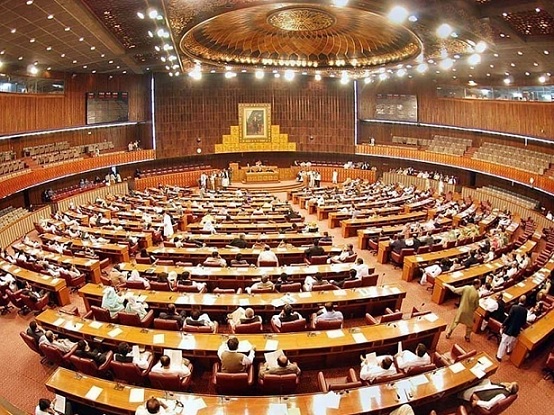


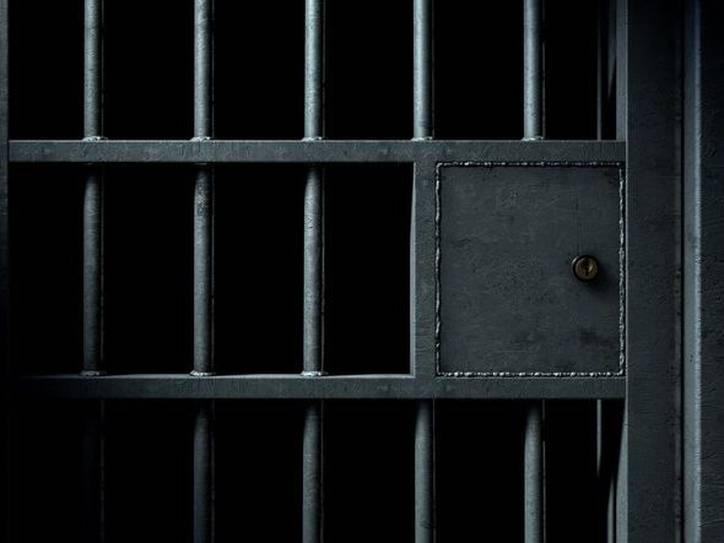

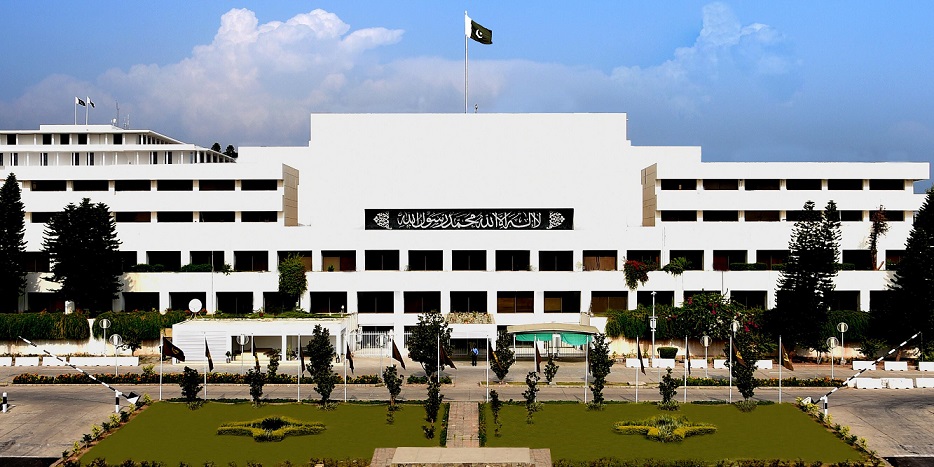



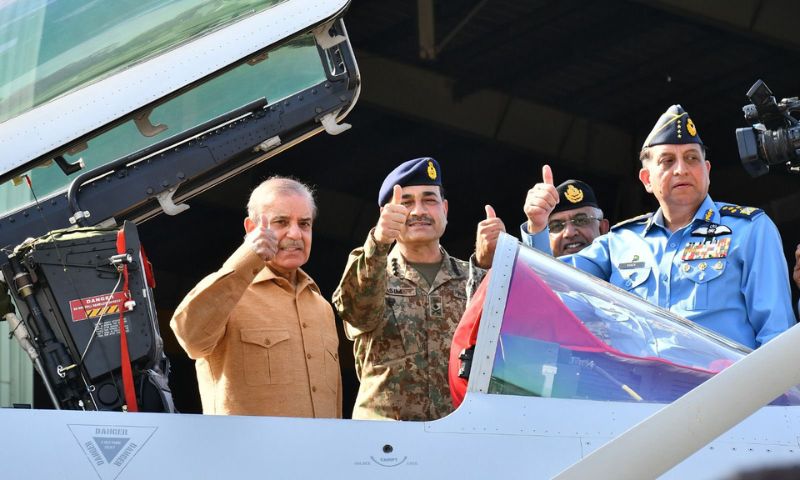
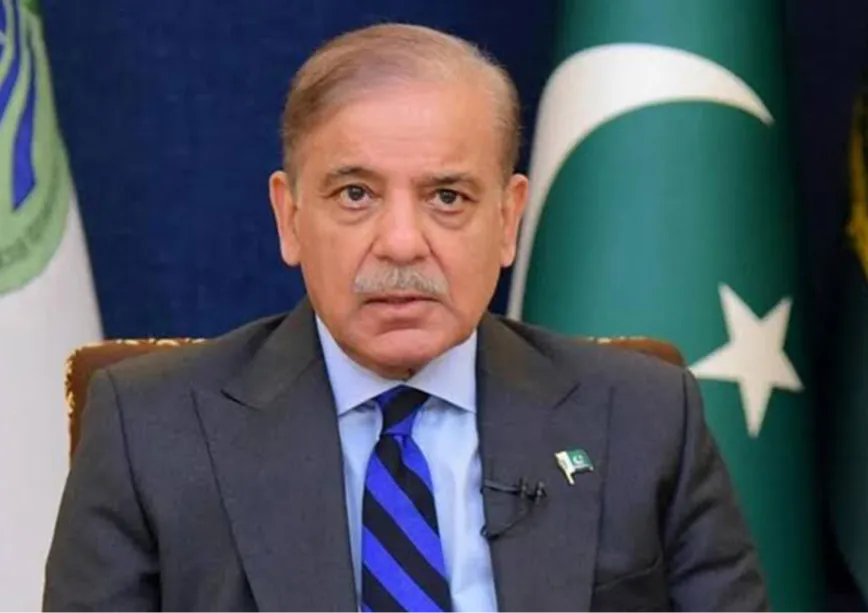


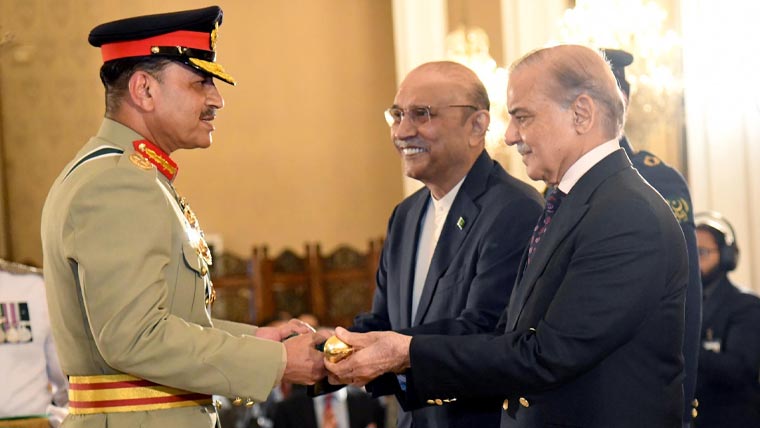







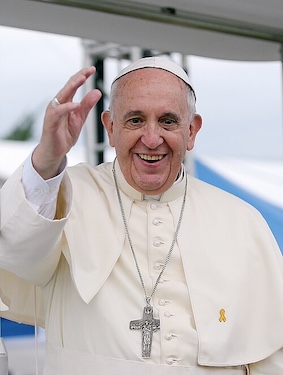
Facebook Comments